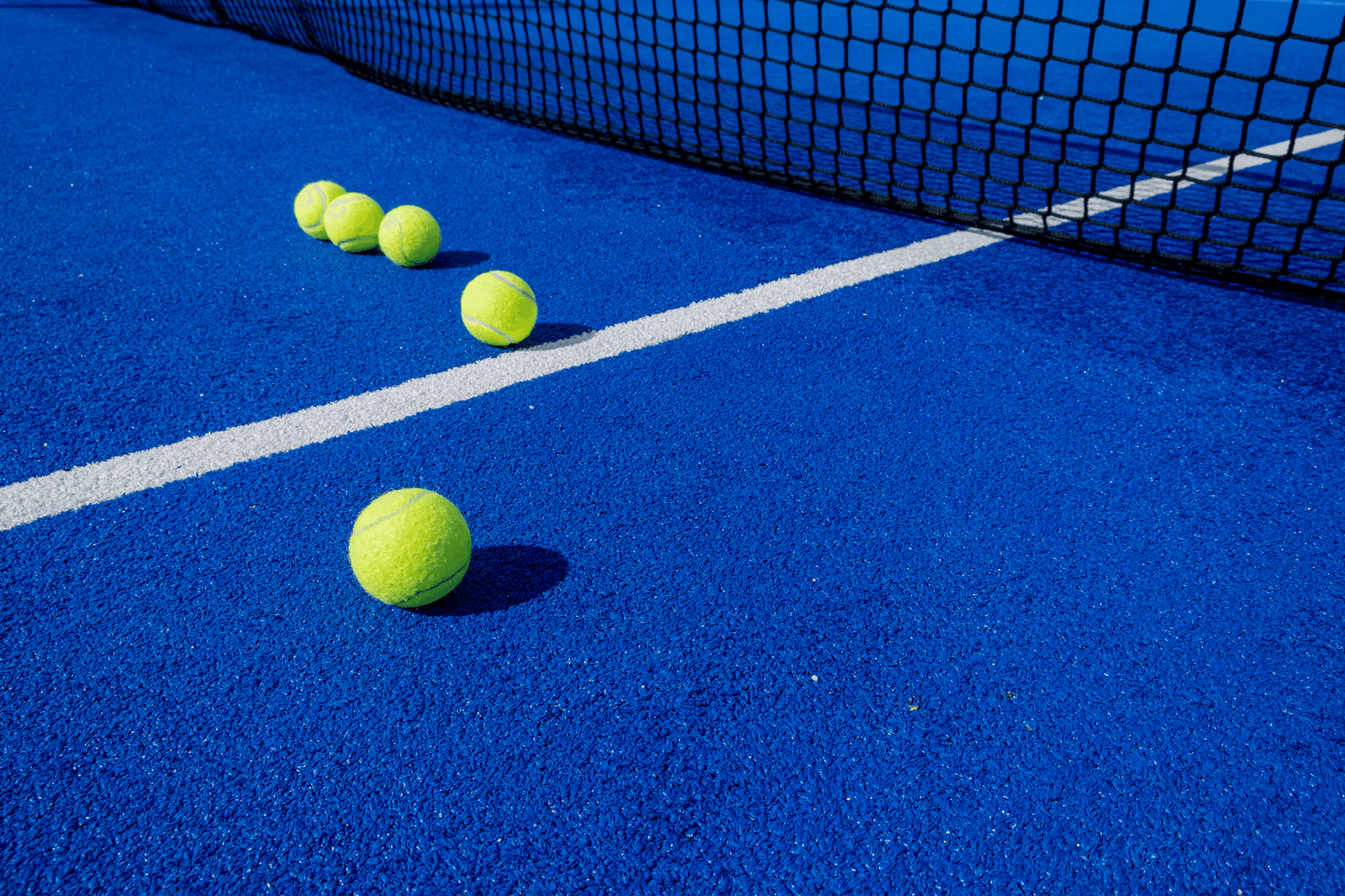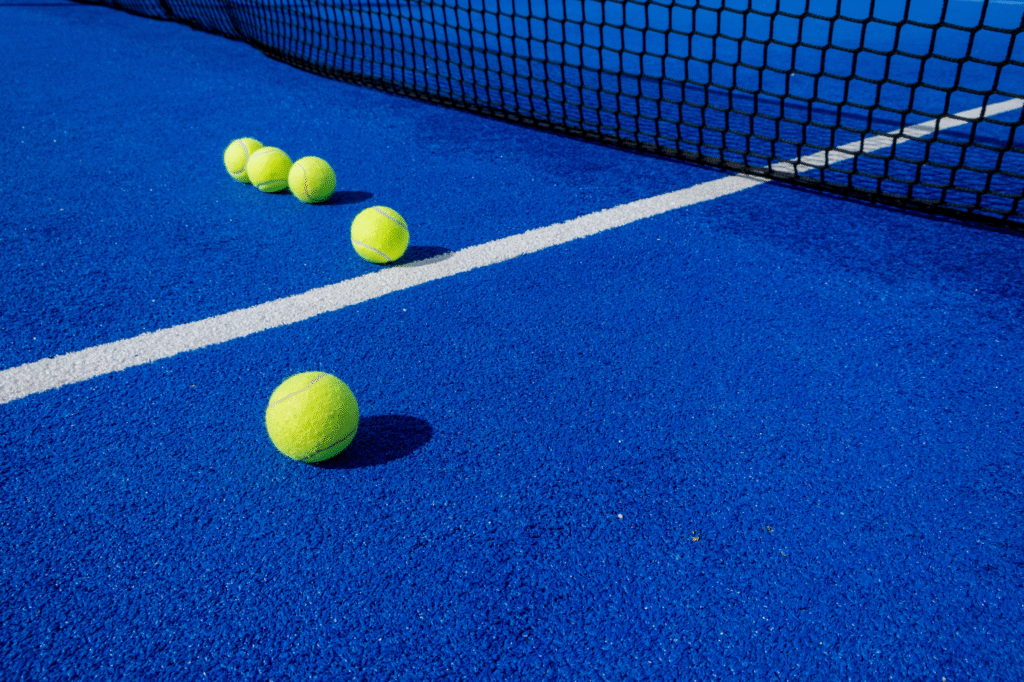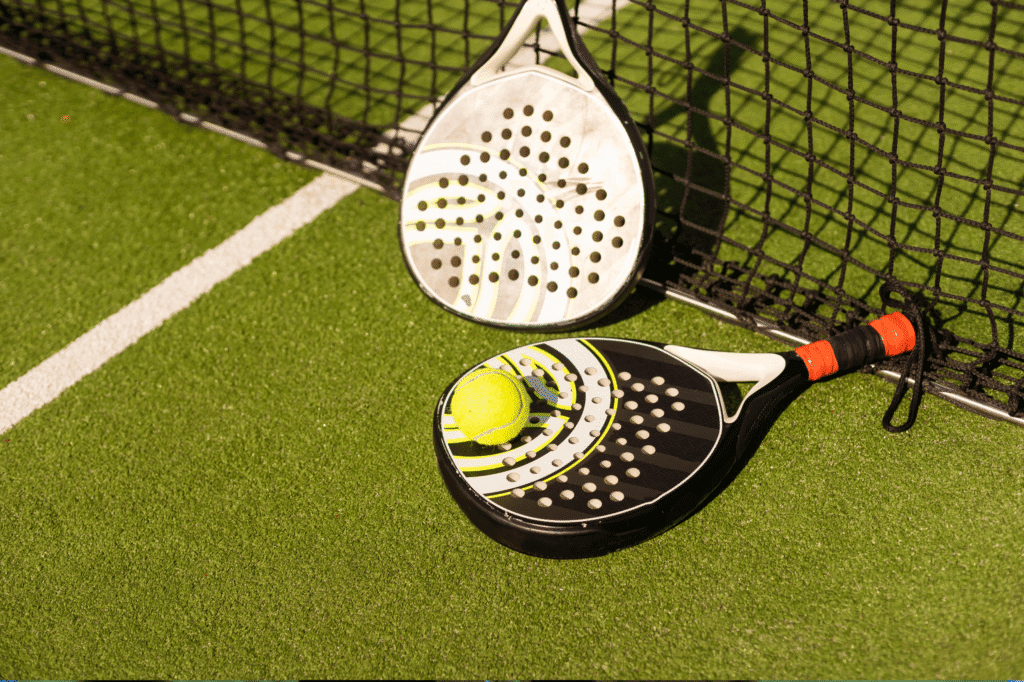
In recent years, the world has seen a growing interest in staying active at every stage of life. Among the many sports gaining popularity with older adults, padel is emerging as a favorite. Blending movement, social interaction, and mental stimulation, padel with the elderly is proving to be more than just a trend, it’s a movement that’s helping redefine what healthy aging looks like.
Unlike high-impact sports, padel offers a low-stress, enjoyable experience that appeals to seniors looking for fun, fitness, and fellowship. As clubs around the world begin to promote padel with the elderly, the sport is becoming a powerful tool for physical well-being and social connection in later life.
Why Padel Works for Older Adults
https://padelstars.co.uk/padelstars-southampton/Padel is played on a smaller court than tennis, surrounded by glass walls that keep the ball in play longer. The rackets are lightweight and easy to handle, and the underhand serve and slower ball speeds allow players to engage in long rallies without excessive strain. These factors make padel with the elderly not only possible, but truly enjoyable.
The game’s slower pace doesn’t reduce the benefits. In fact, padel promotes cardiovascular health, flexibility, and balance, key areas that support mobility and prevent falls in older adults. Because padel is always played in doubles, it also encourages communication and teamwork, which are essential for mental and emotional well-being.
Social Benefits of Padel with the Elderly
One of the standout benefits of padel with the elderly is its ability to foster social engagement. Loneliness and isolation can become significant issues in later life, but padel clubs offer a welcoming, inclusive environment where friendships can blossom. Regular games, club events, and social tournaments create a sense of belonging that’s invaluable.
Moreover, because padel doesn’t require a high skill level to enjoy, older players can compete and cooperate with younger generations, making it a perfect sport for families and intergenerational events. This versatility is a major reason why more clubs are developing dedicated programs focused on padel with the elderly.
Programs and Adaptations
To make padel with the elderly more accessible, some clubs are implementing gentle training sessions and modified matches. These include shorter playing times, longer rest periods, and coaching focused on technique rather than power. These adjustments allow seniors to enjoy the game safely and with confidence.
In places like Spain and Sweden, where padel is deeply embedded in the culture, community centers and retirement villages are now installing padel courts specifically designed for older players. This wave of investment in padel with the elderly shows how the sport can be adapted to meet the needs of an aging population.
The Science Behind It
Medical professionals are increasingly supporting the use of padel with the elderly as a form of preventive health care. Studies show that regular moderate exercise can delay the onset of age-related diseases, improve mood, and boost cognitive function. Padel, which combines movement, focus, and fun, fits this model perfectly.
Mental stimulation also plays a crucial role. Tracking the ball, predicting opponents’ moves, and strategizing shots challenge the brain in a way that’s both rewarding and protective against cognitive decline. For this reason, health experts are beginning to recommend padel with the elderly as part of active aging programs.
Building Inclusive Communities
Encouraging padel with the elderly isn’t just good for seniors, it benefits everyone. Intergenerational sports foster empathy, understanding, and shared experiences. They reduce age-related stereotypes and promote healthier communities overall.
In cities where padel clubs have begun to offer senior-friendly programs, the response has been overwhelmingly positive. Grandparents who had never considered taking up a new sport are now playing weekly matches, bonding with peers, and even coaching younger family members. The joy and vitality this brings to communities is clear proof of the value of padel with the elderly.
Looking Ahead
As the global population ages, the demand for sports that cater to older adults will only increase. Padel with the elderly is uniquely positioned to meet this demand, not only because of its physical accessibility, but because it nurtures the social and emotional dimensions of well-being.
The future may hold dedicated senior padel leagues, adaptive equipment, and even international tournaments celebrating the contributions of older players. Clubs that invest in padel with the elderly today are not only promoting health but also inclusivity, dignity, and joy.
Conclusion
Padel is more than a sport, it’s a lifestyle that welcomes all ages, abilities, and backgrounds. With its easy learning curve, social nature, and low-impact gameplay, padel with the elderly is helping transform aging into an active, connected, and empowered phase of life.
Whether you’re a retiree looking for a new challenge, a family member seeking shared activities, or a club manager hoping to expand your community, padel with the elderly offers something truly special. It’s never too late to pick up a racket—and rediscover the joy of movement.


